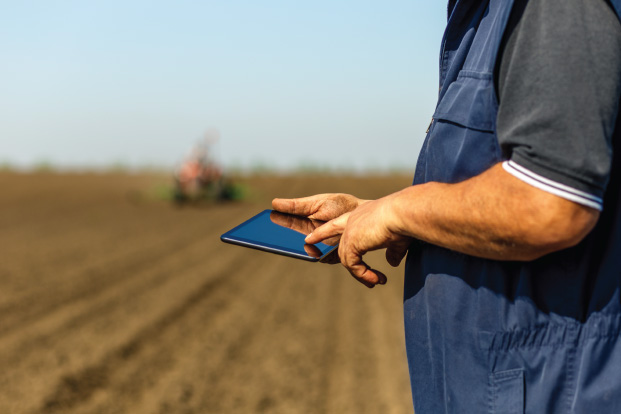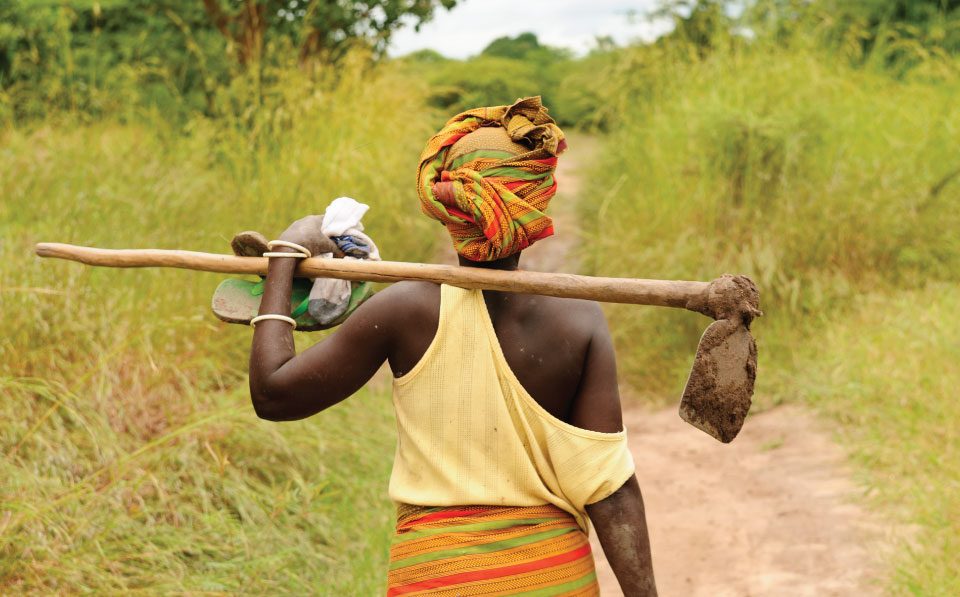Challenges and opportunities as the fourth industrial revolution bring change to agriculture

Better governance can enhance an inclusive and just food system in South Africa
May 8, 2018
Roundtable proposes a unified, globalised approach to food safety
May 16, 2018
The fourth industrial revolution will bring significant change to South African agriculture and agro-processing. According to Nico Groenewald, Head of Agriculture at Standard Bank Group, it will introduce new challenges and opportunities. “It means changes through the value chain and the agro-processing chain by improving processes, increasing productivity and reducing costs.”
Increased use of technology that begins in the fields presents opportunities to transform the agro-processing industry, increasing its already-high importance in the local economy – according to the Department of Trade and Industry, in 2016, the contribution of the agro-processing industry to the real value added (GDP) by the manufacturing sector and the economy was 32.2% and 4.4% respectively.
Through the fourth industrial revolution’s converging technologies, South Africa has the opportunity to become an early adopter, accelerating its agro-processing development. Some of the most recent advancements transforming this sphere are smart farming tools. These help improve crop yields and quality and reduce water consumption and greenhouse gas emissions.
On the continent, such “futuristic” solutions are already being used. For instance, in Nigeria, scientists created a pest-resistant black-eyed pea, and in Ghana, the Esoko app helps farmers identify markets in which their products will receive the best prices.
Adoption of tech needn’t be a threat to jobs
One of the local challenges for agriculture and agro-processing is the potential negative impact the increasing adoption of technology will have on jobs in the sector. “However, in South Africa, authorities point out that the relative share of small and medium agro-processing to total employment numbers is higher than their share of total income in the industry,” says Groenewald. “Accordingly, small and medium-sized processing enterprises have great potential to generate sustainable jobs, while using technology to increase income.”
According to Groenewald, there are many barriers to entering the mainstream economy for small and medium-sized agro-processing operators, including lack of startup-appropriate agro-processing technologies, reaching economies of scale, high post-harvest losses and tough competition.
“In South Africa, many activities within agro-processing are dominated by large companies that are vertically integrated along the entire value chain. For instance, in the poultry industry, players have grown activities within one sector of the chain into others – by using their original outputs like production feeds, they’ve entered the broiler and other areas. A small operator would have to wait a number of production cycles before he or she could become profitable while competing with established players.”
Ultimately, as the fourth industrial revolution gains traction, available technologies will become simpler and cheaper, creating opportunities for smaller operators to take their place in the agro-processing chain.
Source: Bizcommunity



